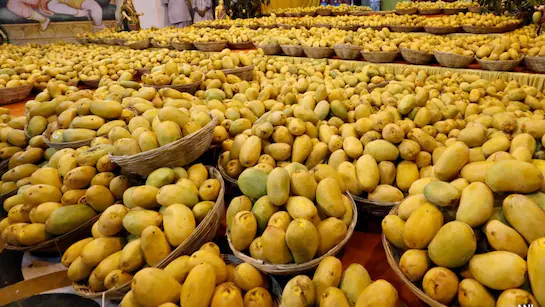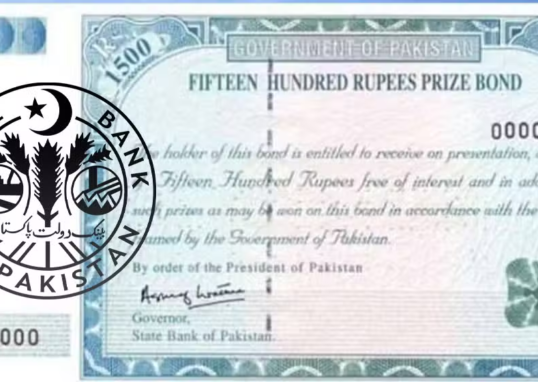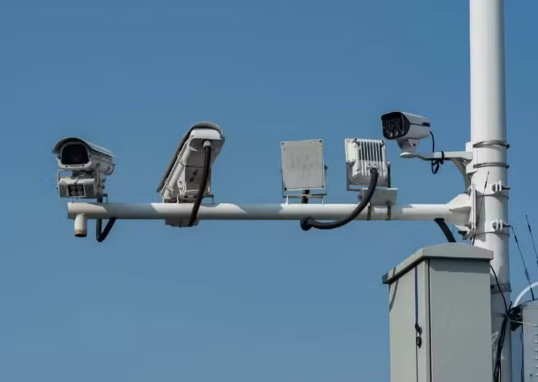

Shipment Rejection Sparks Concerns Over Export Documentation
Indian mango exporters have faced a severe setback after 15 consignments were rejected by US customs over incorrect radiation treatment records. The fruit was treated in Mumbai earlier in May, but inconsistencies in the required certificates triggered enforcement actions at multiple US airports.
Authorities at entry points including San Francisco, Atlanta, and Los Angeles found discrepancies in the certification of the irradiation process—a critical requirement to ensure pest-free produce entering the American market.
Understanding the Certification Requirement
Irradiation is a WHO-recommended phytosanitary technique to neutralize pathogens in perishable agricultural exports. US regulations make it mandatory for all mangoes imported from India to undergo and document this treatment precisely.
In this case, even though the fruit was treated as required, the documentation failed to comply with US import rules. Without validated irradiation certificates, customs authorities deemed the cargo unfit for distribution.
Business Implications and Exporter Response
Faced with limited options, most importers chose to destroy the cargo rather than bear the costs and delays of returning it to India. This resulted in a loss of nearly ₹41.5 million, affecting dozens of exporters.
Industry bodies are now pressing for a reevaluation of how documentation is issued and verified. “This is a wake-up call,” said a senior export consultant. “We need tighter oversight and possibly a move toward blockchain-based traceability.”
The incident may also impact future trade, as the US is one of the top destinations for premium Indian mangoes. Exporters are urging Indian regulatory agencies to deploy automated compliance checks to prevent future lapses.
With the mango season still ongoing, exporters remain cautious and are working closely with customs consultants and certification bodies to ensure that future consignments meet every regulatory benchmark.






